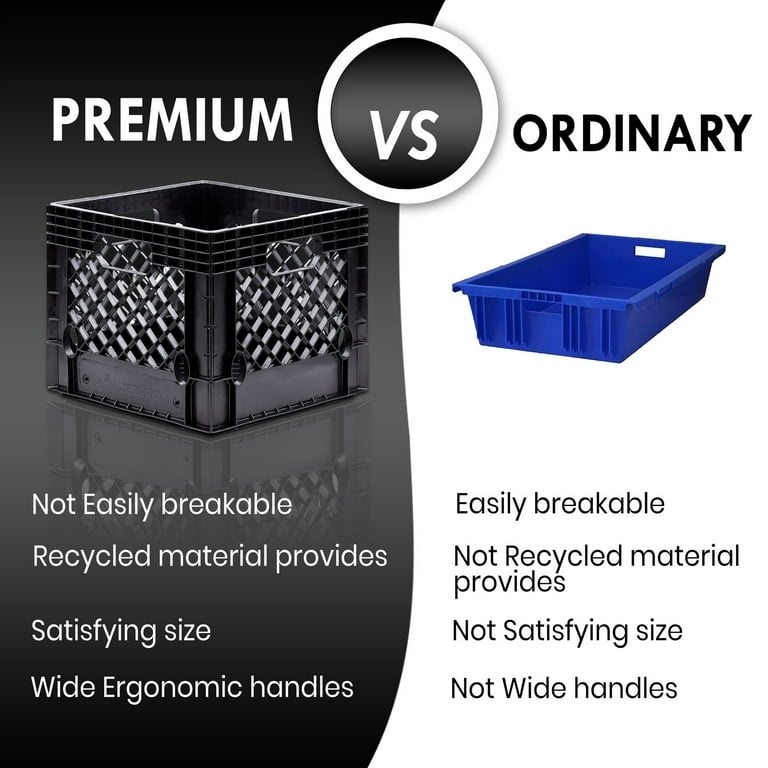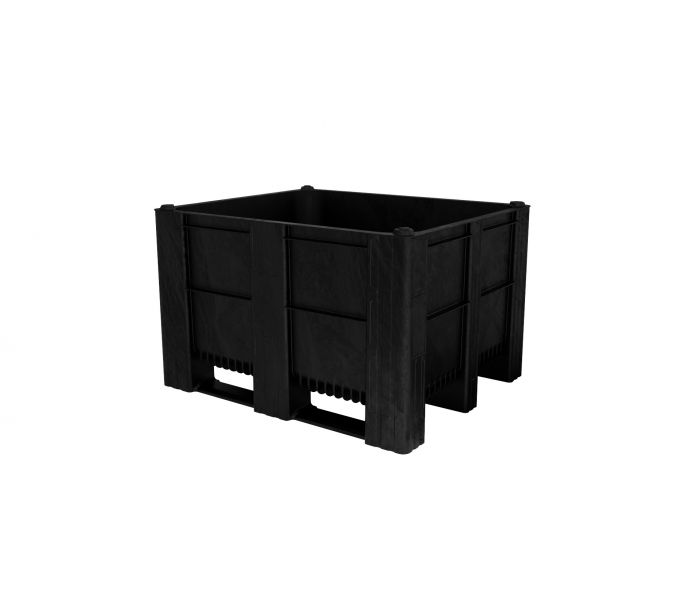Sustainability Satisfies Price: Bulk Used Plastic Containers for Sale
Sustainability Satisfies Price: Bulk Used Plastic Containers for Sale
Blog Article
Maximize Your Recycling Effect by Reusing Utilized Plastic Containers
The effect of reusing can be more enhanced by integrating the technique of recycling made use of plastic containers (bulk used plastic containers). The possibilities are extensive, and the advantages are far-reaching, making the venture of making best use of recycling impact via recycling plastic containers a interesting and worthwhile opportunity to discover.
Benefits of Reusing Plastic Containers
Reusing plastic containers not just minimizes waste yet also contributes considerably to environmental sustainability. By opting to reuse plastic containers rather than discarding them after a single use, people can play a crucial function in reducing the demand for brand-new plastic production. This practice straight converts to a decrease in the consumption of resources, power, and sources required for making brand-new containers.

In addition, reusing plastic containers aids in reducing the quantity of plastic waste that finishes up in land fills or pollutes our oceans and natural habitats. Plastic pollution is a pressing worldwide problem, and by extending the life expectancy of plastic containers with reuse, we can alleviate the negative influence on the environment. In addition, reusing plastic containers can result in a reduction in greenhouse gas discharges associated with the manufacturing and transportation of brand-new plastic products.
In significance, the straightforward act of reusing plastic containers can generate considerable ecological benefits by preserving resources, minimizing waste, and minimizing pollution, making it an impactful and sensible sustainability method for people and neighborhoods alike.
Imaginative Upcycling Ideas for Containers
Taking into consideration the ecological benefits of extending the lifespan of plastic containers via reuse, discovering innovative upcycling concepts presents an ingenious strategy to further sustainability initiatives. There are many creative methods to repurpose utilized plastic containers, contributing to throw away decrease and promoting eco-conscious behavior. One imaginative concept is to transform vacant plastic bottles into self-watering planters by cutting the top part of the bottle and developing a wicking system utilizing a cotton string. This not just offers a new life to the plastic container but also helps in efficient watering of plants. One more upcycling idea is to use huge plastic containers, such as washing detergent containers, as storage space containers for things like playthings, craft products, and even as makeshift planters for small interior yards. By repurposing these containers, individuals can lower their ecological footprint while including a touch of imagination to their lives. Embracing such upcycling campaigns can motivate others to reassess the way they check out and make use of plastic containers, relocating in the direction of a much more lasting and eco-friendly way of life.
Tips for Correctly Cleaning Containers
Preserving sanitation in containers is vital for making certain health and lengthening their functionality. To appropriately clean used plastic containers, begin by clearing any continuing to be contents and washing them with warm water to remove food bits and residue. For containers with stubborn spots or smells, produce a mixture of equivalent parts water and vinegar or sodium bicarbonate and water, and allow it sit for a couple of hours before scrubbing and washing extensively. Stay clear of using harsh chemicals or unpleasant scrubbers that can damage the plastic. In addition, ensure to dry the containers entirely prior to saving them to avoid mold and mildew growth. For containers with little openings or limited corners, think about making use of a container brush or toothbrush to reach all areas (used this article bulk plastic containers). Routinely check the containers for signs of deterioration, such as splits or discoloration, and replace them if needed to keep appropriate hygiene criteria. By adhering to these cleaning pointers, you can make best use of the life-span of your plastic containers and promote a much healthier environment.
How to Shop Reused Containers Successfully

Effect of Reusing on the Environment
Reusing containers has a significant positive effect on the setting by decreasing waste and conserving resources. When containers are reused rather of being disposed of after a single usage, it helps in lowering the quantity of plastic waste that winds up in oceans or garbage dumps. By prolonging the lifecycle of these containers, fewer brand-new ones need to be produced, resulting in a decrease in the usage of resources and energy required for production. This preservation of sources plays an important duty in decreasing the environmental impact connected with plastic manufacturing.
Furthermore, recycling containers also adds to lowering greenhouse gas discharges. The process of manufacturing brand-new containers includes different energy-intensive activities that release significant amounts of co2 and other contaminants right into the environment. By recycling plastic containers, the need for brand-new production decreases, leading to minimized emissions related to the production and transportation of brand-new items. On the whole, the ecological advantages of reusing containers are considerable and play an essential role in advertising sustainability and decreasing the impact of plastic on the planet.
Verdict
In conclusion, recycling made use of plastic containers can significantly reduce waste and minimize the environmental influence of single-use plastics. By creatively upcycling containers, effectively cleansing them, and Resources successfully saving them, people can optimize their recycling initiatives and add to a more sustainable future. Making an aware initiative to reuse plastic containers not just benefits the setting but additionally motivates a more green way of life overall.

Report this page